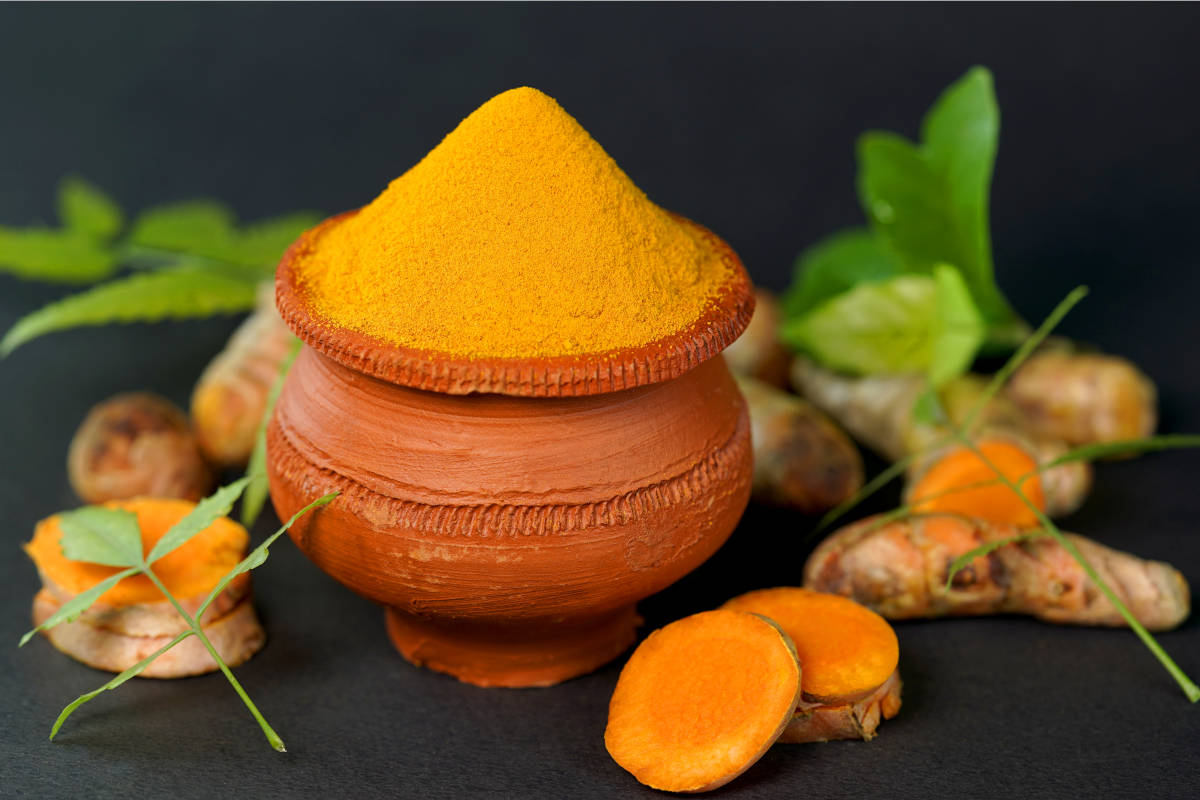While growers who stuck to urad, moong, bajra, and ragi were unable to realize the MSP, farmers who sold cotton, soyabean, paddy, and jowar crops in the agricultural produce marketing committee (APMC) markets from October to December 2022, the crucial harvesting season, earned an additional 8,241.6 crore over the combined minimum support price (MSP) value. Cotton was priced at ₹8,326 per quintal during the past three months, 37 percent more than its MSP of ₹6,080 per quintal, according to information gathered by the official Agmarknet portal, a division of the Agriculture Ministry, which is based on arrivals and average all-India mandi (market) prices (medium variety).
Similar to how soybeans sold for 5,051 per quintal, or 17.5% more than the MSP of 4,300, paddy sold for an average of 2,171 per quintal, or 6% more than the MSP of 2,040. Jowar recorded a modest average mandi rate of 3,092/quintal, 4% more than its MSP of 2,970. Tur, maize, and groundnut mandi rates were about 1% below than MSP. Moong and bajra sold for 14 percent less than the MSP, while urad prices were 11% lower. According to data, ragi sold for more than 30% less than the MSP. However, the farmers got more than the cost of production (A2+family labor), as determined by the Commission for Agricultural Costs and Prices, and are presumed to have suffered a loss of 568 crore rupees (CACP).
Only in the instance of ragi did the drop exceed 30%; however, since the MSP was set at a minimum profit over the cost of 50%, the return over costs for urad, moong, and bajra are not as terrible. This means farmers in the country gained a net of ₹7,673.6 crores in the December quarter.”The current circumstance best illustrates how the market has the innate strength to withstand the legal guarantee. According to VM Singh, head of MSP Guarantee Morcha, an umbrella organization of more than 200 organizations, there will be no financial impact when the legal guarantee of MSP is enforced due to the spike in commodity prices that followed the Russia-Ukraine war. The time is perfect to grant the request, according to Singh.
Ramesh Chand, a member of the Niti Aayog, stated last month that while the MSP of crops could assure consistent prices for farmers, the best prices could only be guaranteed via honest competition in the market. In response to the farmers’ demand that MSP is recognized as a legal entitlement, he stated that farmers want to get paid the highest price possible for their produce and be protected from price swings. While paddy prices increased due to concerns over lower-than-expected Kharif production, cotton and soyabean prices increased in line with the general trend.

